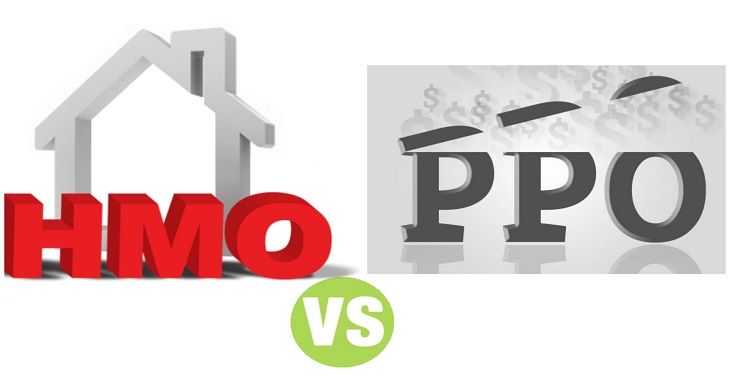
HMO and PPO are among the best managed healthcare plans but choosing the right option for your specific health insurance needs and budget can be challenging unless you have some idea regarding how exactly they differ from each other. Typically, there are some major differences between HMOs and PPOs in terms of their costs and plan network size. Besides, there might be some constraints that apply to out-of-network doctor visits as well as coverage limits. The ACA or Obamacare makes it mandatory for all Americans to buy health insurance covers or else pay penalty. The fee charged is referred to as the shared responsibility payment for failure to comply with the individual mandate.
Coming back to HMO and PPO, these managed healthcare plans serve to reduce expenses incurred on medical services. Hence, they are being increasingly preferred over traditional health insurance policies. While HMO stands for Health Maintenance Organization, PPO is abbreviation for Preferred Provider Organization. For deciding the right option, you must account for total healthcare related costs rather than focus on how much exactly is going to be the monthly premium. While premium is important, there are certain other expenses in the form of out-of-pocket costs that affect the overall affordability of health insurance plans. These include factors like deductibles, co-payments and co-insurance.
As per a survey conducted by Kaiser Family Foundation in 2018, average monthly premiums for single person HMO was around $572 and for family, $1,620. The annual premium amounts averaged $6,869 for single persons and $19,445 for family HMO plans.
During the same time period, average monthly premiums for single person PPO was around $596 and for family, $1,694. The annual premium amounts averaged $7,149 for single persons and $20,324 for family PPO plans. In addition, it was also noted that HMO plans incurred the least out-of-pocket expenses. And buyers had the option to select low or no deductible but if service provider is not in HMO network, policy holder will have to bear total costs on his own.
Click on the button below to shop and compare plans!

 The Covid-19 Pandemic - How to get Health Insurance?
Read More
The Covid-19 Pandemic - How to get Health Insurance?
Read More
 Corona Virus and Health Insurance Coverage
Read More
Corona Virus and Health Insurance Coverage
Read More
 HMO Vs PPO
Read More
HMO Vs PPO
Read More
 Alternatives To Standard Health Insurance
Read More
Alternatives To Standard Health Insurance
Read More
 All About COBRA Coverage & Health Insurance Marketplace Options
Read More
All About COBRA Coverage & Health Insurance Marketplace Options
Read More
 ACA And The Effects Of Moral Hazards In Industry
Read More
ACA And The Effects Of Moral Hazards In Industry
Read More
 Does Your Health Insurance Plan Cover You While Traveling Overseas?
Read More
Does Your Health Insurance Plan Cover You While Traveling Overseas?
Read More
 Gap Insurance For High Deductible Healthcare Plans
Read More
Gap Insurance For High Deductible Healthcare Plans
Read More
 Which State Charge Panelty If You Don't Buy Health Insurance Policy?
Read More
Which State Charge Panelty If You Don't Buy Health Insurance Policy?
Read More
 Can You Get Health Insurance If You Have Cancer?
Read More
Can You Get Health Insurance If You Have Cancer?
Read More
 How To Save Money On Health Insurance Premiums?
Read More
How To Save Money On Health Insurance Premiums?
Read More